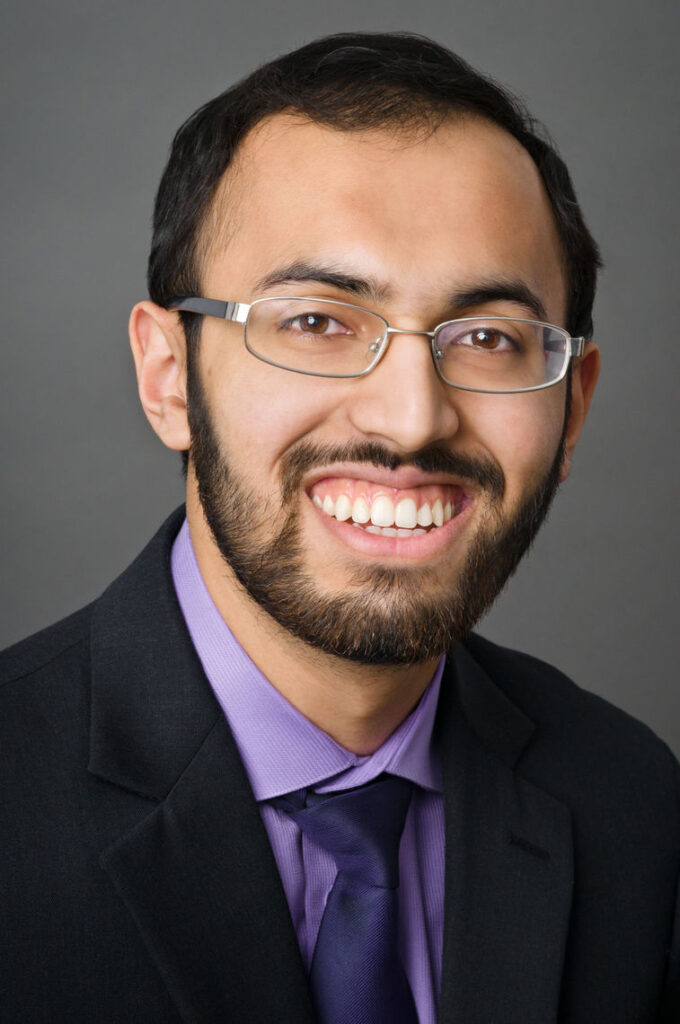- Fellow Highlights
Q&A: Abubakar Abid Develops App to Help Refugees and Immigrants
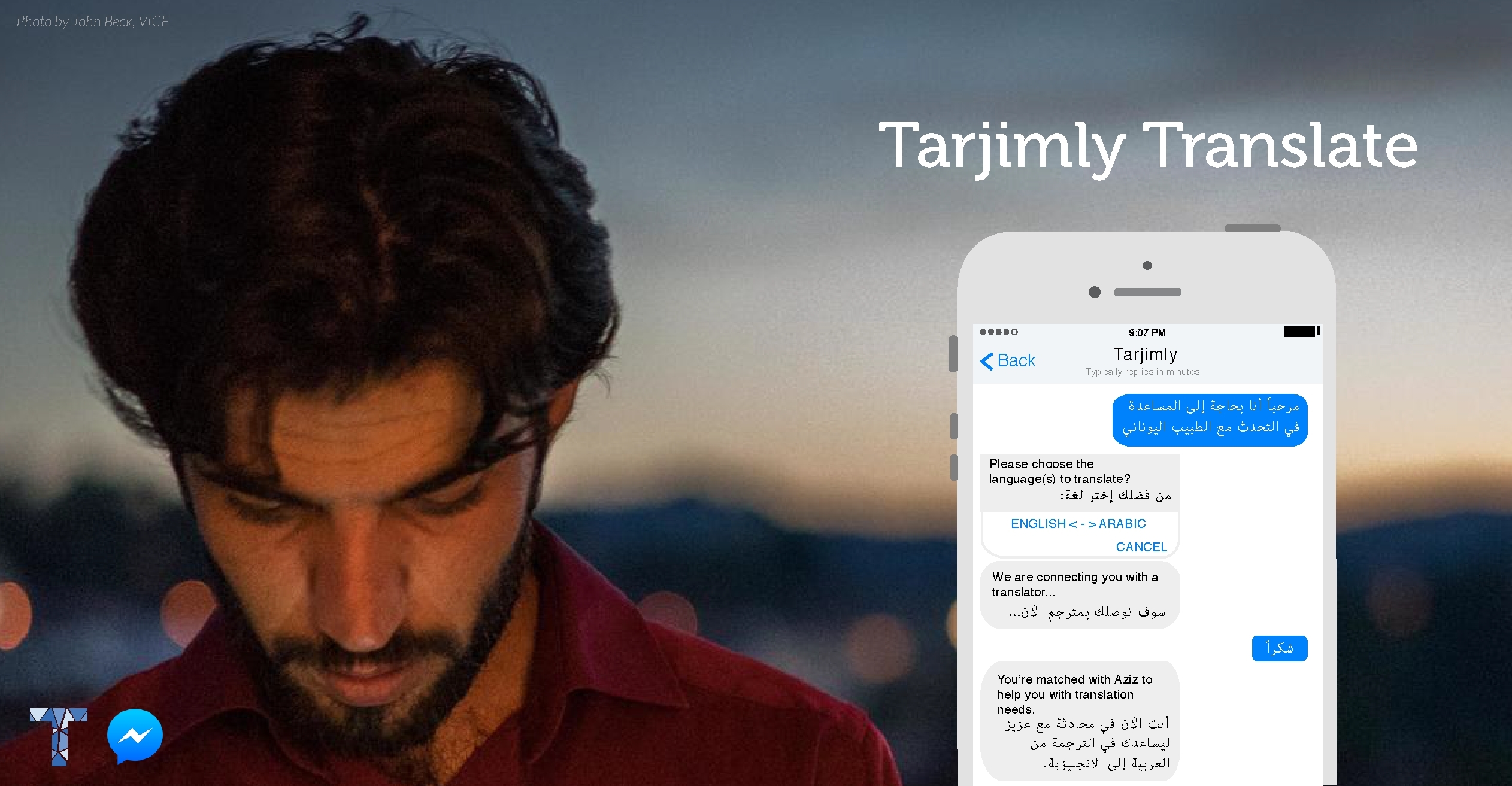
Last fall, Abubakar Abid was settling into his new PhD program in engineering at Stanford. In his dream program and university, there was a lot to be excited about. But every time he read the news about the growing Syrian refugee crisis Abubakar was taken aback. “There was one problem that stood out to me in particular: communication,” Abubakar explained. “Arabic-speaking refugees—even those who had made it to camps—simply could not communicate with aid workers, legal help, and host families, who spoke only English.”
Wanting to help, Abubakar and a group of friends built a Messenger app called Tarjimly, which crowdsources translators to help refugees and immigrants anywhere in the world. Following the recent executive order banning travel from seven countries, Abubakar saw a need for the app right here in the United States as Arabic-speaking travelers were getting stopped in airports and did not have the language help they needed to communicate. We checked in with Abubakar to learn more about the app, how it’s going, and how others can help.
Abubakar was born in Pakistan and immigrated to the United States with his parents when he was a child. He is a 2016 Paul & Daisy Soros Fellow.
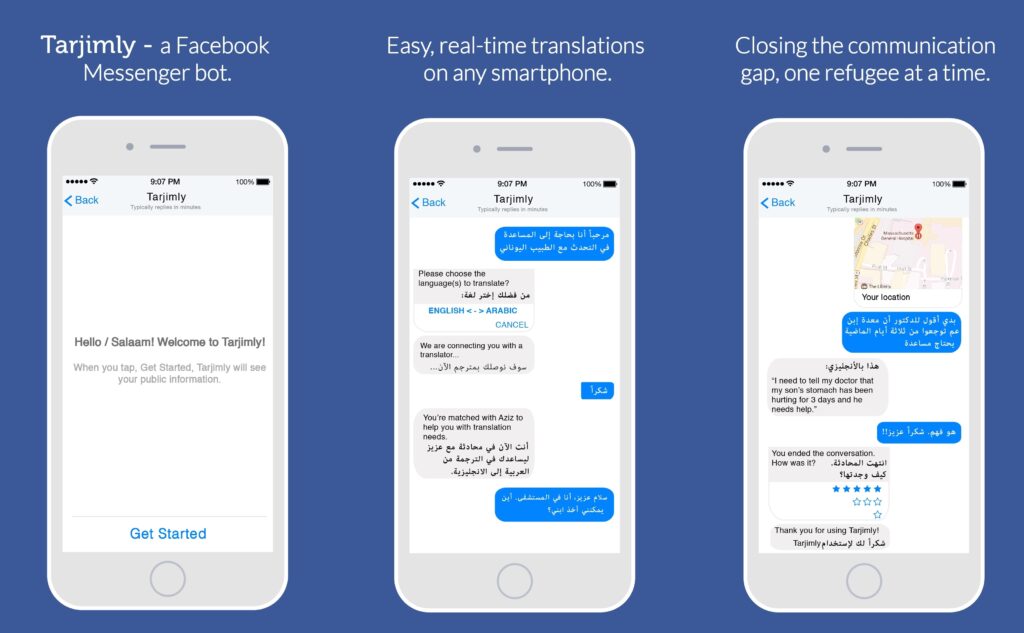
HOW DOES THE APP ACTUALLY WORK? WHO SHOULD DOWNLOAD IT AND WHEN?
Right now, there is a language barrier that often prevents refugees from being able to communicate with aid workers, legal help, and host families. Tarjimly is designed to overcome that barrier by connecting refugees and aid workers to volunteer translators who can speak and translate for them. When a refugee or aid worker needs help, they simply message the Facebook page with a snippet of text or audio note that they’d like translated. Our web app finds a translator who is available at that moment and is proficient in the languages involved, and connects the two instantly over Messenger. The translator can then respond with text or an audio note, until help is no longer needed.
At this stage, we’re looking for two kinds of users: translators and refugees/aid workers. If you can speak two or more languages (right now, English, Arabic, and Farsi are extremely important, but we have the capability to accept other languages as well), you can sign up as a translator now. If you are a refugee or work with refugees, we’re conducting a controlled release in the next two weeks, so please reach out to me if you’d like to be involved.
The app is actually built entirely on top of Facebook Messenger, so there’s no need to download anything. All you have to do is visit tarjim.ly to sign up as a translator, or message the Facebook page (https://www.facebook.com/TarjimlyTranslate/) for translation requests.
WHEN DID YOU LAUNCH THE APP AND WHAT HAVE THE INITIAL REACTIONS BEEN?
We’re very gratified with the reactions to Tarjimly. Over the course of one week (we launched January 30), we have had over 1400 translators sign up across multiple languages. The people who are signing up to help translate are incredibly diverse—from people who can speak multiple languages, but have never formally translated, all the way to professional translators who would like to donate their time to help immigrants and refugees.
We’re also fortunate to have signups from translators around the globe. About half of our translators are based in the United States, and the other half is spread mostly over Europe, Asia, and Africa. We’re continuing to push for translators from around the world, as this will help us find translators who are available for various language at different times of the day.
WHO ARE YOUR CO-COLLABORATORS AND HOW DID YOU ALL MEET?
I am very lucky to be working with two other MIT alums (and former roommates!), Aziz Alghunaim and Atif Javed, to build Tarjimly. The three of us have been looking for ways to help refugees over the past few years, and recently, we were approached by a friend who volunteered at a refugee camp and found that he spent 90 percent of his time translating for aid workers and refugee workers. We came up with this idea, and since then, our team has grown to eight people, including a design and outreach team.
HOW DID YOU DECIDE ON THE NAME TARJIMLY?
Tarjimly comes from the Arabic for “translate for me.” The meaning of the word, combined with the “ly” ending that is common to many apps, helped us settle on the name.
HOW CAN FELLOWS HELP YOU WITH TARJIMLY?
Right now, the biggest way Fellows can help us with Tarjimly is by connecting us to organizations that work with refugees and can use translation help. We are planning to start testing with aid workers and refugees in the next two weeks, and we’d like to have a good group of organizations to pilot with as we continue our work.
If you have suggestions for how to approach this process, contacts with refugee organizations, or would just like to know more, our email is: [email protected]. ∎
Keep Exploring
-
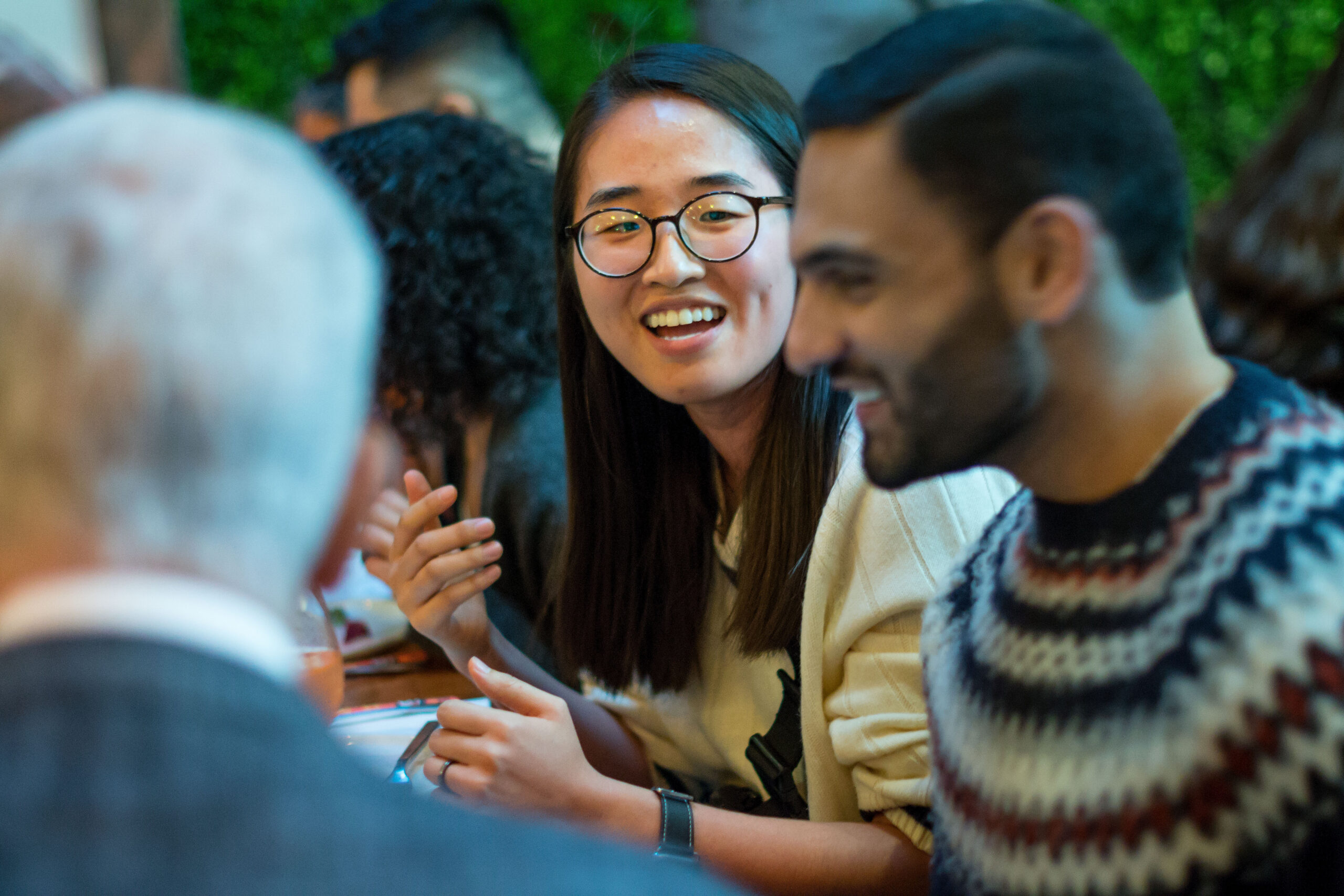 Read more: Kathy Ku Steps into Leadership as PDSFA Chair
Read more: Kathy Ku Steps into Leadership as PDSFA Chair- Board of Directors
- Fellowship News
Kathy Ku Steps into Leadership as PDSFA Chair
-
 Read more: Q&A with MD/PhD Student Silvia Huerta Lopez
Read more: Q&A with MD/PhD Student Silvia Huerta LopezQ&A with MD/PhD Student Silvia Huerta Lopez
-
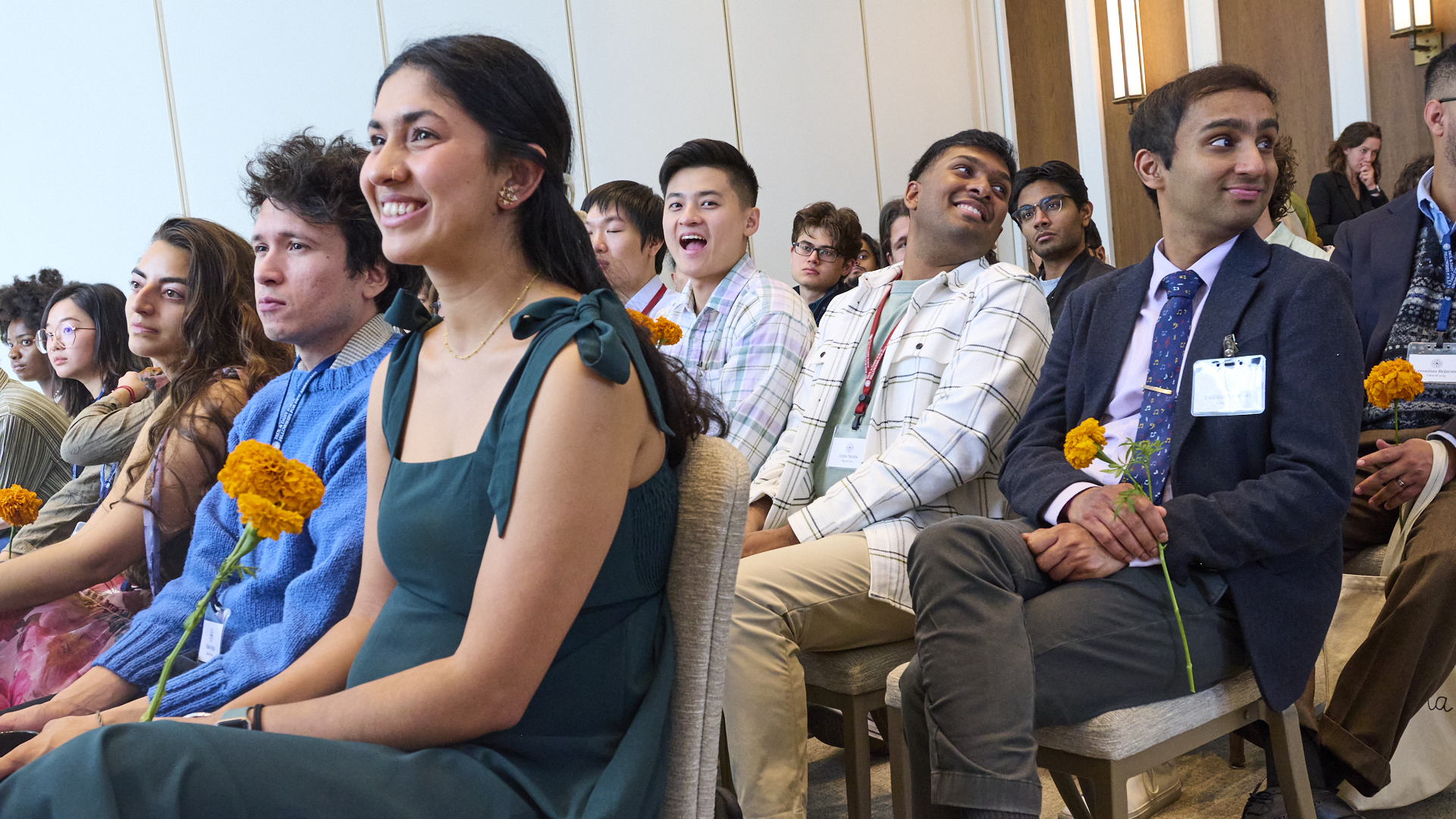 Read more: PD Soros Eligibility Guide for PhD Applicants
Read more: PD Soros Eligibility Guide for PhD Applicants- Applicant Information
PD Soros Eligibility Guide for PhD Applicants
-
 Read more: Watch: Optional Exhibits & Recommendations
Read more: Watch: Optional Exhibits & Recommendations- 2025 Information Sessions
Watch: Optional Exhibits & Recommendations
